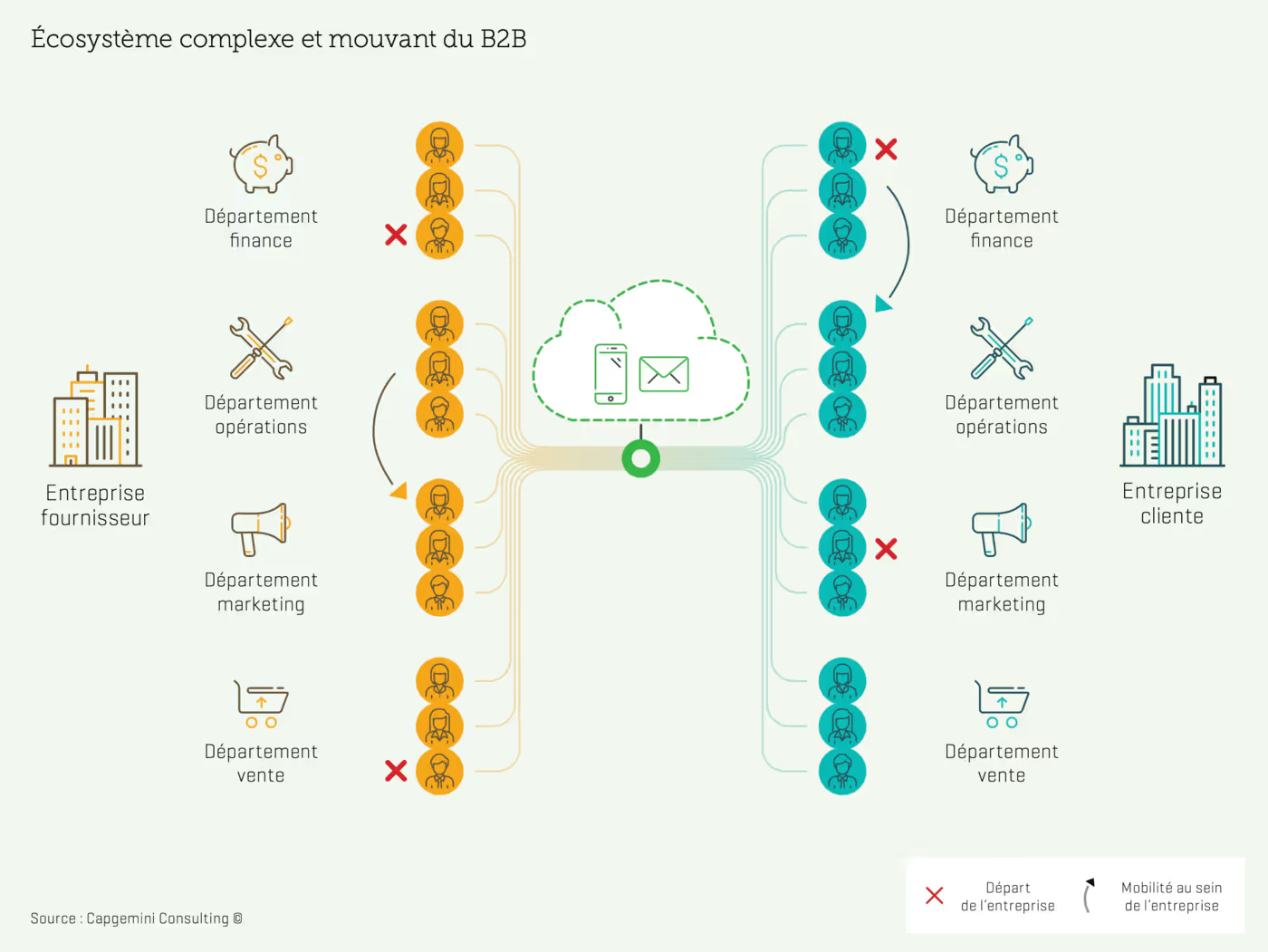Discover carefully tested tools to help you launch or optimize your business. Find the most valuable resources to inspire and guide your success.
B2B is the abbreviation for business-to-business. It describes businesses whose customers are also businesses. In other words, these are business transactions that take place between two or more business organizations like the supplier and manufacturer, the manufacturer and the wholesaler, the wholesaler and the retailer.

B2C stands for business-to-consumer. In this form of business transactions, goods and services are marketed to individual consumers. B2C businesses sell products directly to end consumers. Here, the commercial transaction is shorter than the B2B one.
B2B and B2C can sometimes be confusing because these two forms have similarities.
So, before dwelling on their differences, let's first talk about their similarities.
B2B customers generally have customers of greater (monetary) value than B2C because their products or services are larger and more complex.
The decision-making process in B2C is generally shorter than that in B2B.
While B2B and B2C marketing may seem similar in terms of strategy, there are differences in the tactics used and in the way information is delivered to customers. What's more, B2B customers are more rational, organized, and logical than B2C customers.
When buying a product or service, B2B customers always think carefully about a specific return on investment (ROI).
It is therefore crucial to send them rational messages, to provide them with solid information and practical B2B solutions.
On the B2C side, emotional factors influence buying decisions: the message addressed to them should be easy to read and focused on their emotions.
In B2B, transactions are longer (from a few days to several months) due to the complexity of the decision-making process (legal, financial constraints, number of people/services involved, etc.) .In B2C, sales are generally faster because you are dealing directly with customers and therefore generally with a much less complex sales process.
In B2C, customer relationships are generally shorter and customers are less loyal than in B2B.
For example, in the B2C sector, you rarely buy a plane ticket because you Adore the airline but rather because you found an interesting ticket.
In most cases, B2B has a closer relationship with customers than in B2C.
B2B companies must develop a strong relationship with their customers to establish a long-term relationship of trust and to convince each person directly or indirectly involved in the sales process.
Unlike B2C, B2B buyers don't buy goods to satisfy their demand or to have fun.
They buy technology, software, and services to optimize their operation and production methods. This reduces costs, improves the customer experience, and ultimately increases revenue.
Therefore, it makes sense to say that a B2B transaction is an investment in future profitability and productivity.